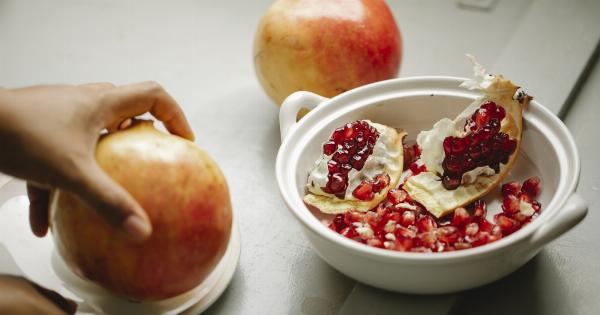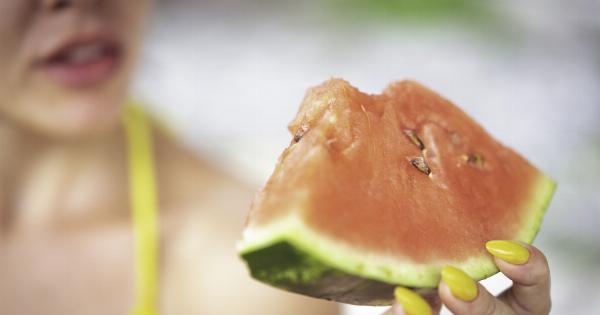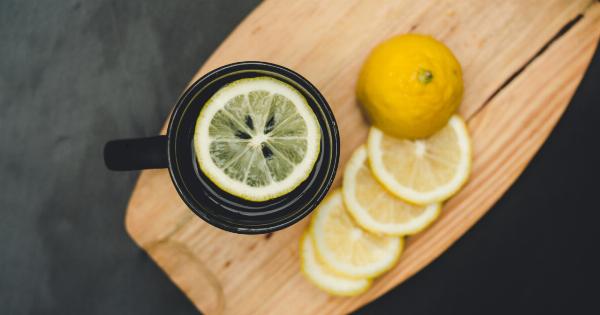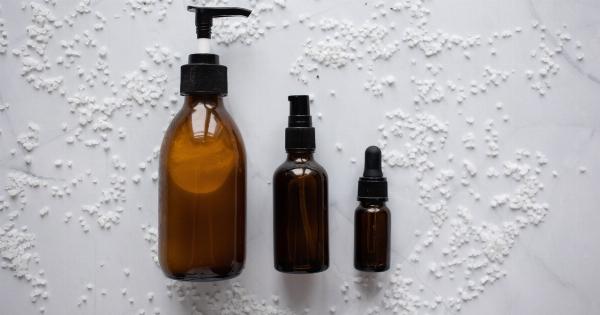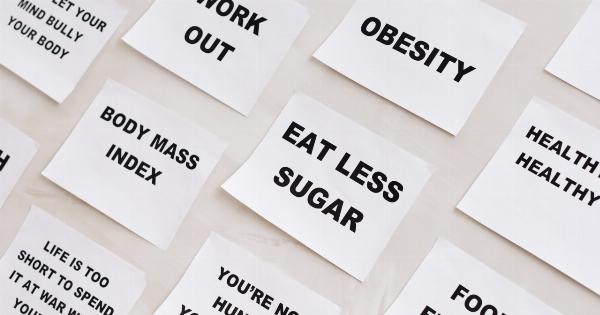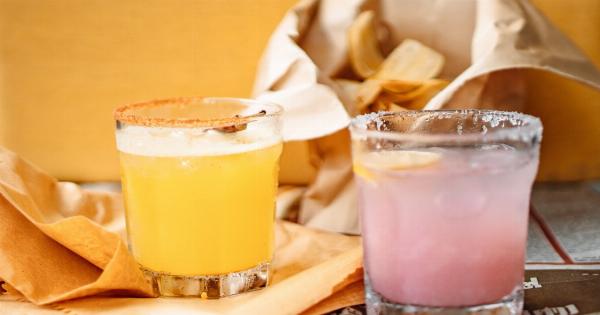Feeling bloated can be uncomfortable and make you feel self-conscious about your appearance. Bloating is often caused by the buildup of gas or fluid in the digestive system, resulting in a swollen and distended abdomen.
While certain factors like hormonal fluctuations, digestive disorders, or medication side effects can contribute to bloating, your diet plays a significant role as well. Avoiding certain foods can help alleviate bloating and promote a healthier digestive system. Here are 10 foods to avoid if you’re feeling bloated:.
1. Carbonated Drinks
Carbonated drinks like soda, sparkling water, or fizzy beverages can introduce air into your digestive system, leading to bloating. Additionally, these drinks often contain sugar or artificial sweeteners, which can further exacerbate bloating.
Opt for still water or herbal teas to stay hydrated without the unwanted bloating.
2. Legumes
Legumes like beans, lentils, chickpeas, and soybeans are known for their high fiber content, which can be challenging for some people to digest. The undigested fiber ferments in the colon, causing excess gas production and bloating.
If you notice bloating after consuming legumes, it may be best to limit your intake or opt for protein sources that are easier to digest, such as lean meats, fish, or tofu.
3. Cruciferous Vegetables
Cruciferous vegetables like broccoli, cabbage, Brussels sprouts, and cauliflower are exceptionally nutritious, but they contain sugars and fibers that can cause gas and bloating in some individuals.
Lightly steaming or cooking these vegetables can help make them easier to digest. Alternatively, you can opt for non-cruciferous vegetables like spinach, zucchini, or green beans, which are less likely to cause bloating.
4. Dairy Products
The lactose found in dairy products can be challenging for some people to digest, leading to bloating and discomfort.
If you suspect lactose intolerance, try substituting dairy milk with lactose-free alternatives like almond milk, coconut milk, or soy milk. Additionally, lactose-free versions of yogurt and cheese are available in most grocery stores.
5. Artificial Sweeteners
Artificial sweeteners like sorbitol, xylitol, and mannitol are commonly found in sugar-free candies, chewing gums, and certain diet products.
While these sweeteners contain fewer calories, they are difficult for your body to digest, resulting in bloating and gas. Opt for natural sweeteners like stevia or small amounts of honey or maple syrup instead.
6. Fried Foods
Fried foods are notorious for causing bloating. The high fat content and the process of deep frying make them difficult to digest, leading to discomfort and bloating.
Instead of frying, consider healthier cooking methods like grilling, baking, or steaming to avoid the bloating associated with fried foods.
7. Processed Meats
Processed meats like bacon, sausage, hot dogs, and deli meats often contain high amounts of sodium and artificial additives, which can contribute to water retention and bloating.
Choose fresh, unprocessed meats as alternatives, such as chicken, turkey, or lean cuts of beef, to reduce bloating and promote better digestion.
8. Refined Carbohydrates
Refined carbohydrates like white bread, pasta, and pastries are quickly broken down by your body, leading to a rapid increase in blood sugar levels. This process can cause bloating and discomfort.
Opt for whole grain alternatives like whole wheat bread, brown rice, or quinoa, which provide more fiber and nutrients while keeping bloating at bay.
9. High-Sodium Foods
Foods that are high in sodium, such as salty snacks, processed foods, and fast food meals, can cause water retention and bloating. Excess sodium can disrupt the balance of fluids in your body, leading to bloating and puffiness.
Aim for a low-sodium diet by cooking meals at home using fresh ingredients and avoiding processed and packaged foods.
10. Fizzy Alcoholic Drinks
Just like carbonated beverages, fizzy alcoholic drinks can introduce air into your digestive system, leading to bloating.
These drinks, such as beer and champagne, may also contain high amounts of carbonation and carbohydrates, which can exacerbate bloating. Opt for lower carbonation or non-fizzy alcoholic beverages, such as straight spirits or wine, and consume them in moderation.







